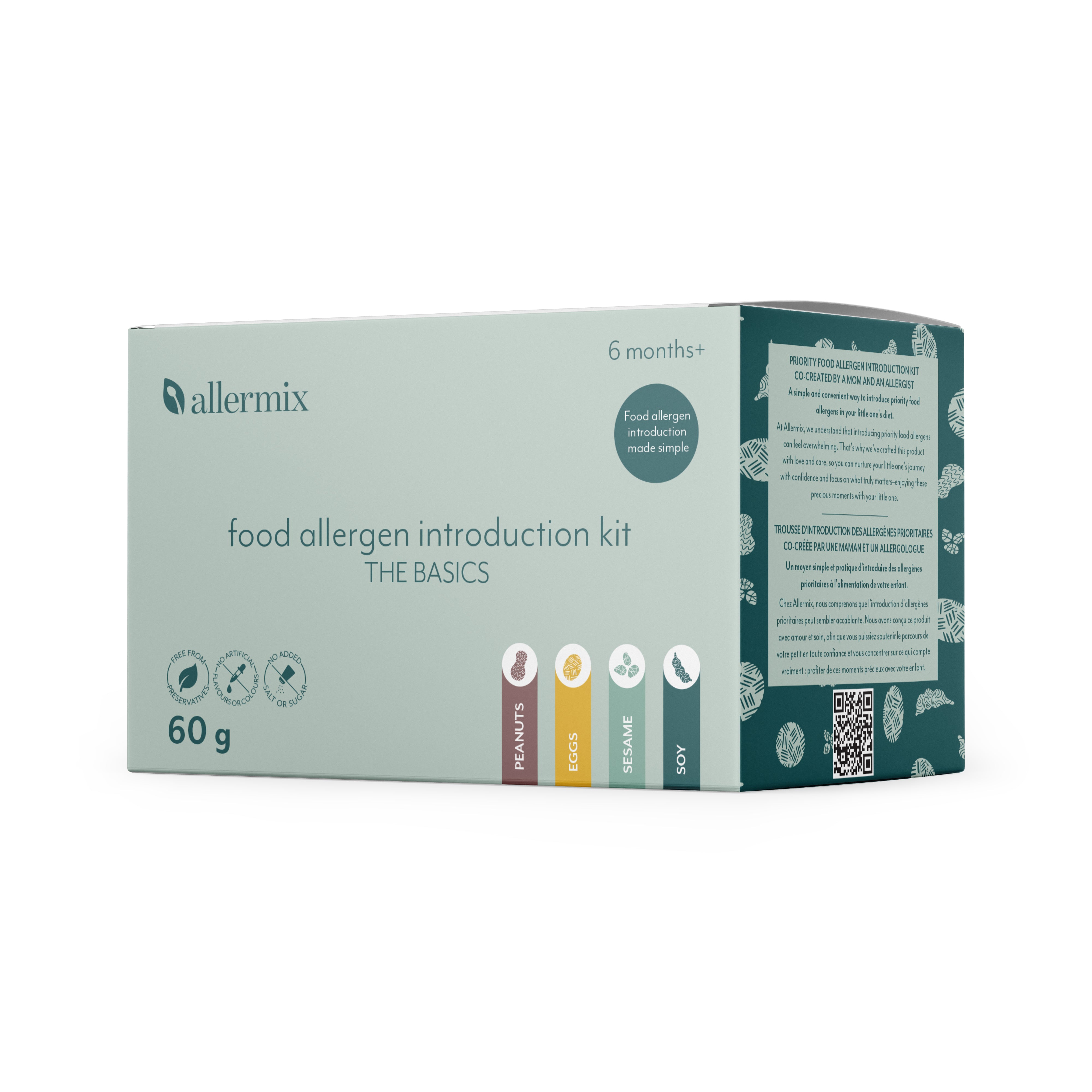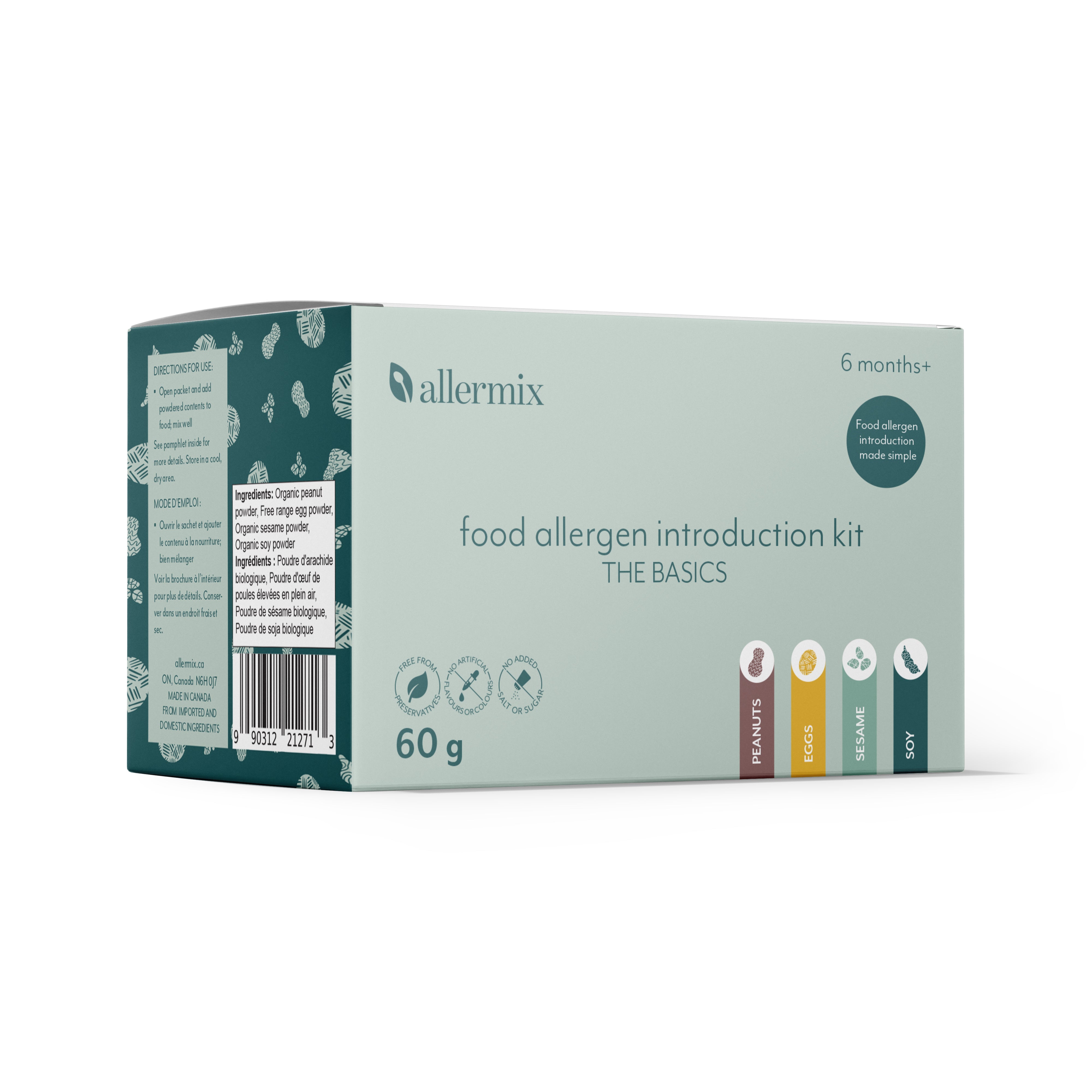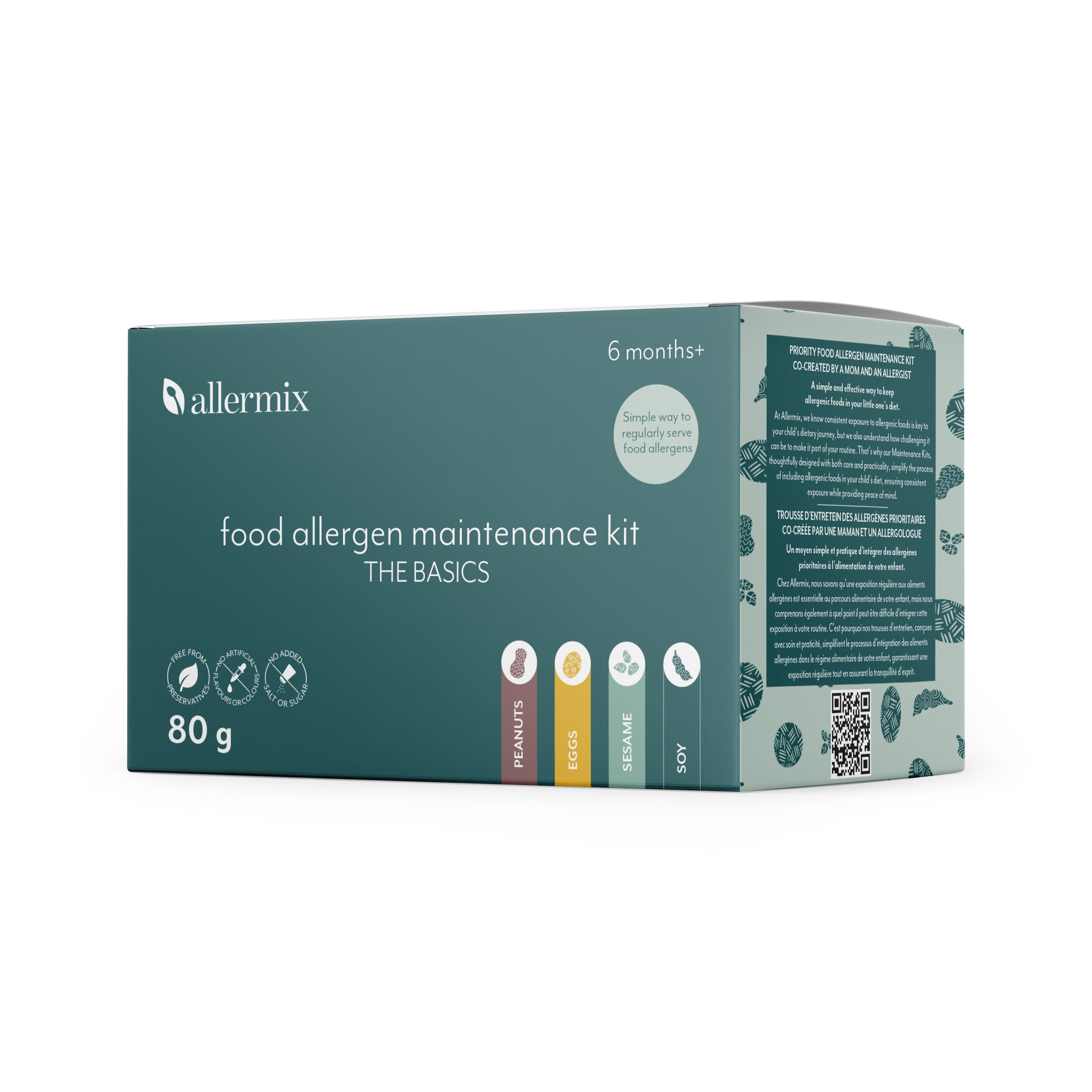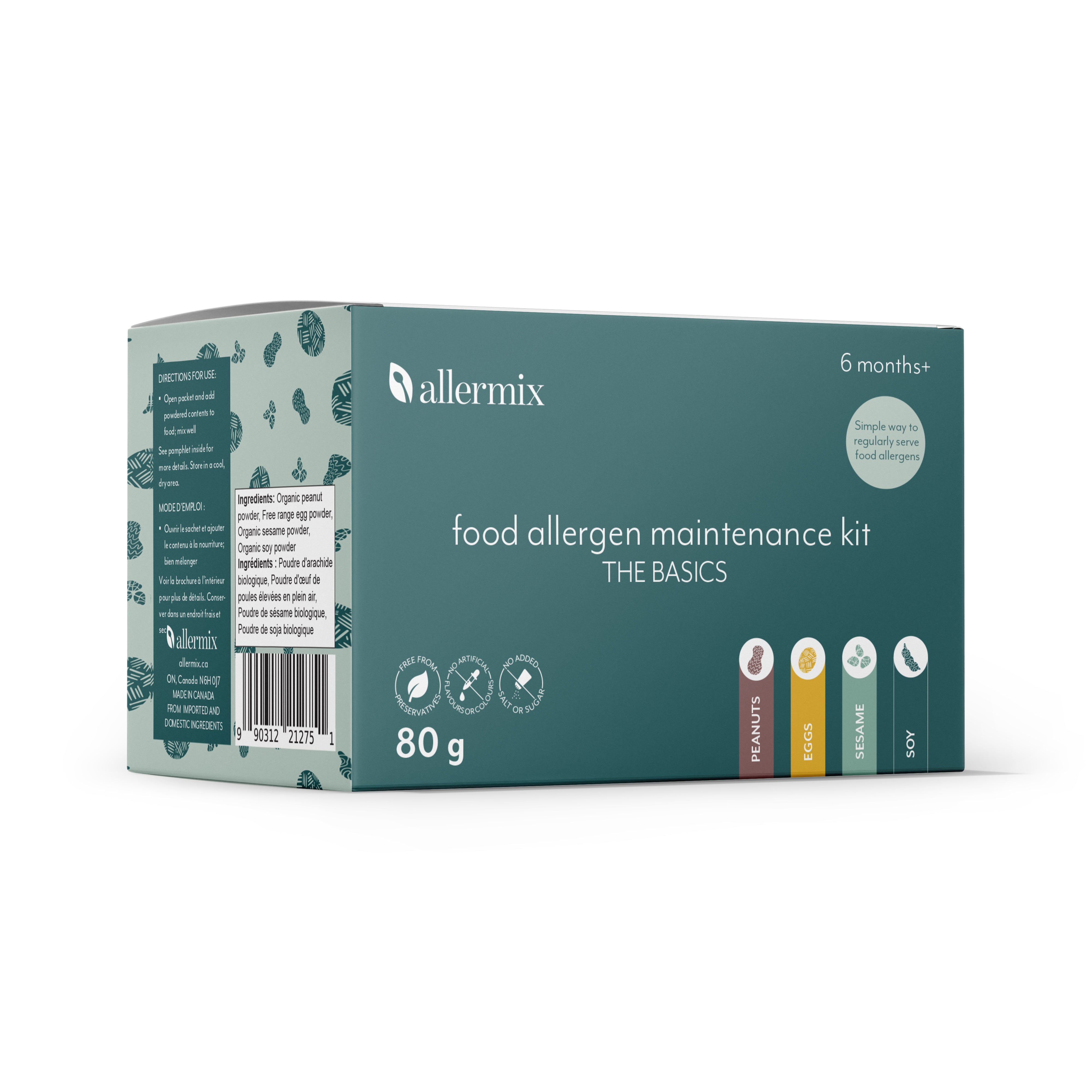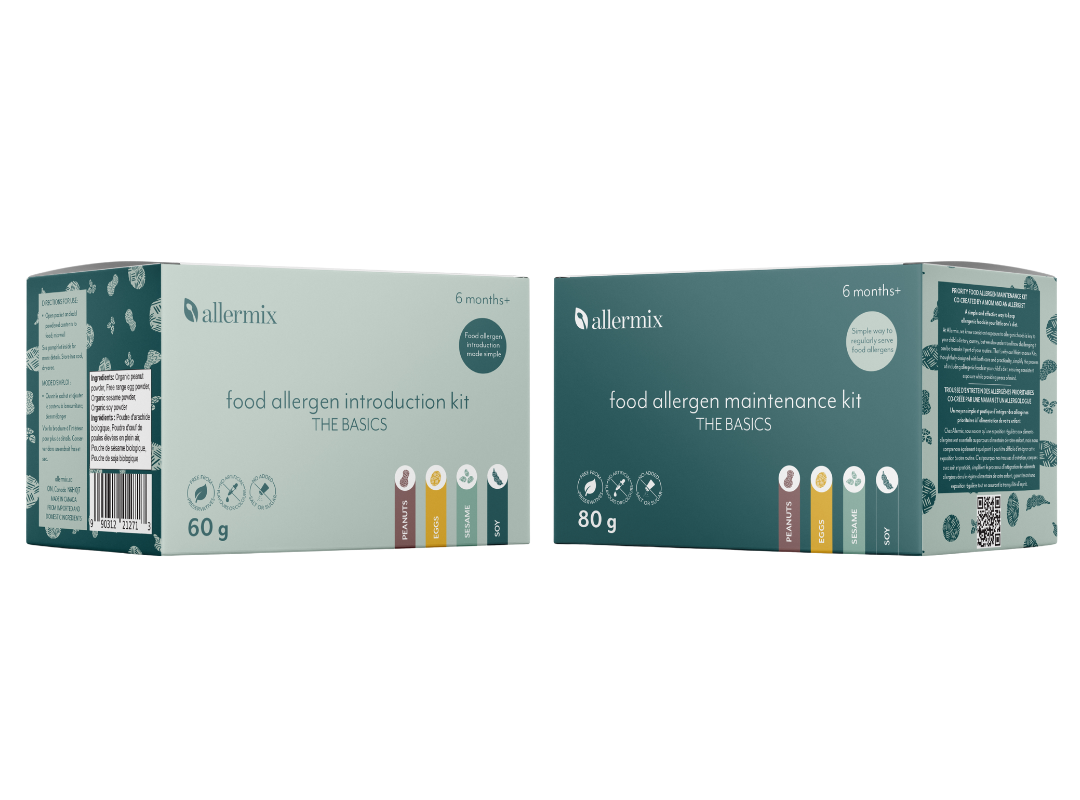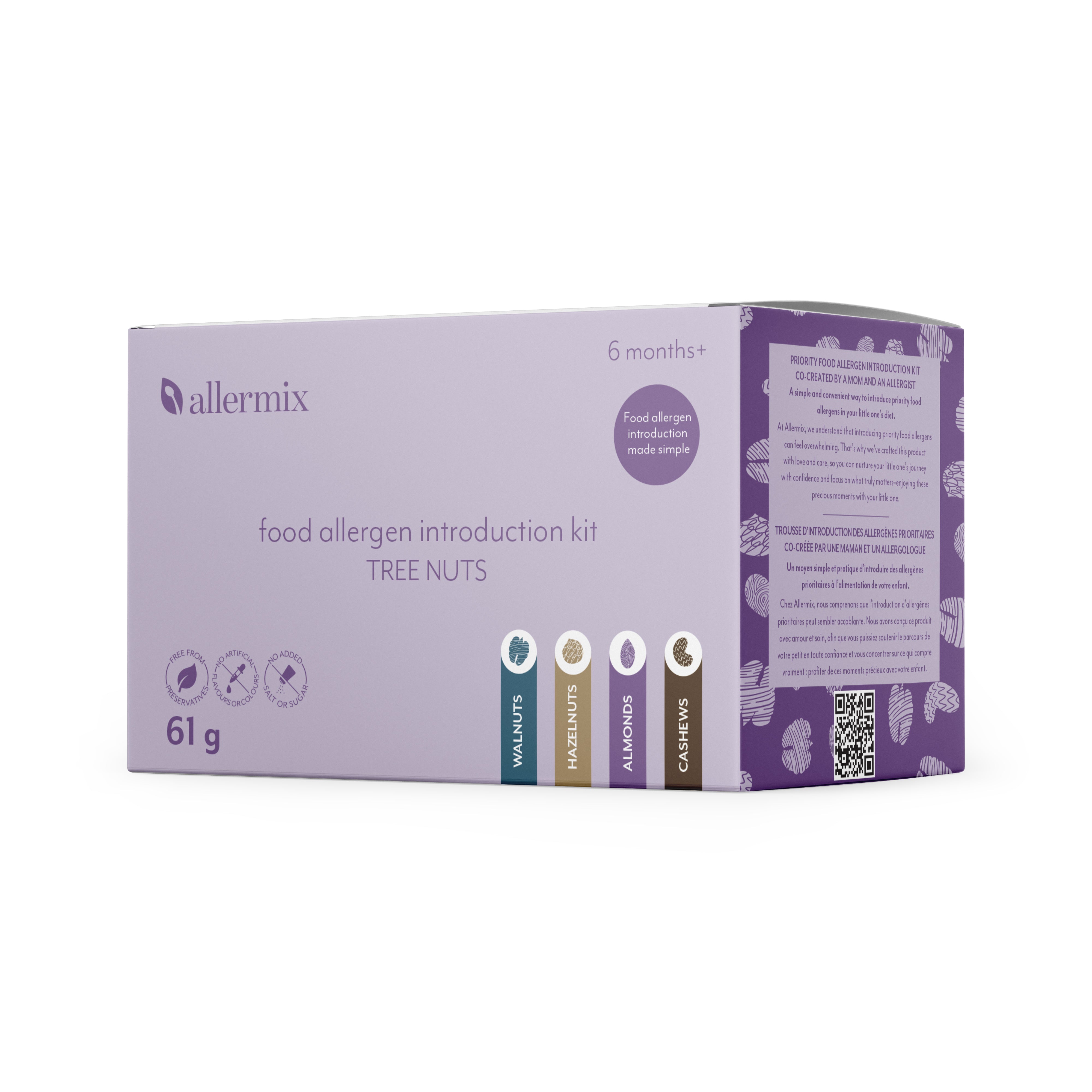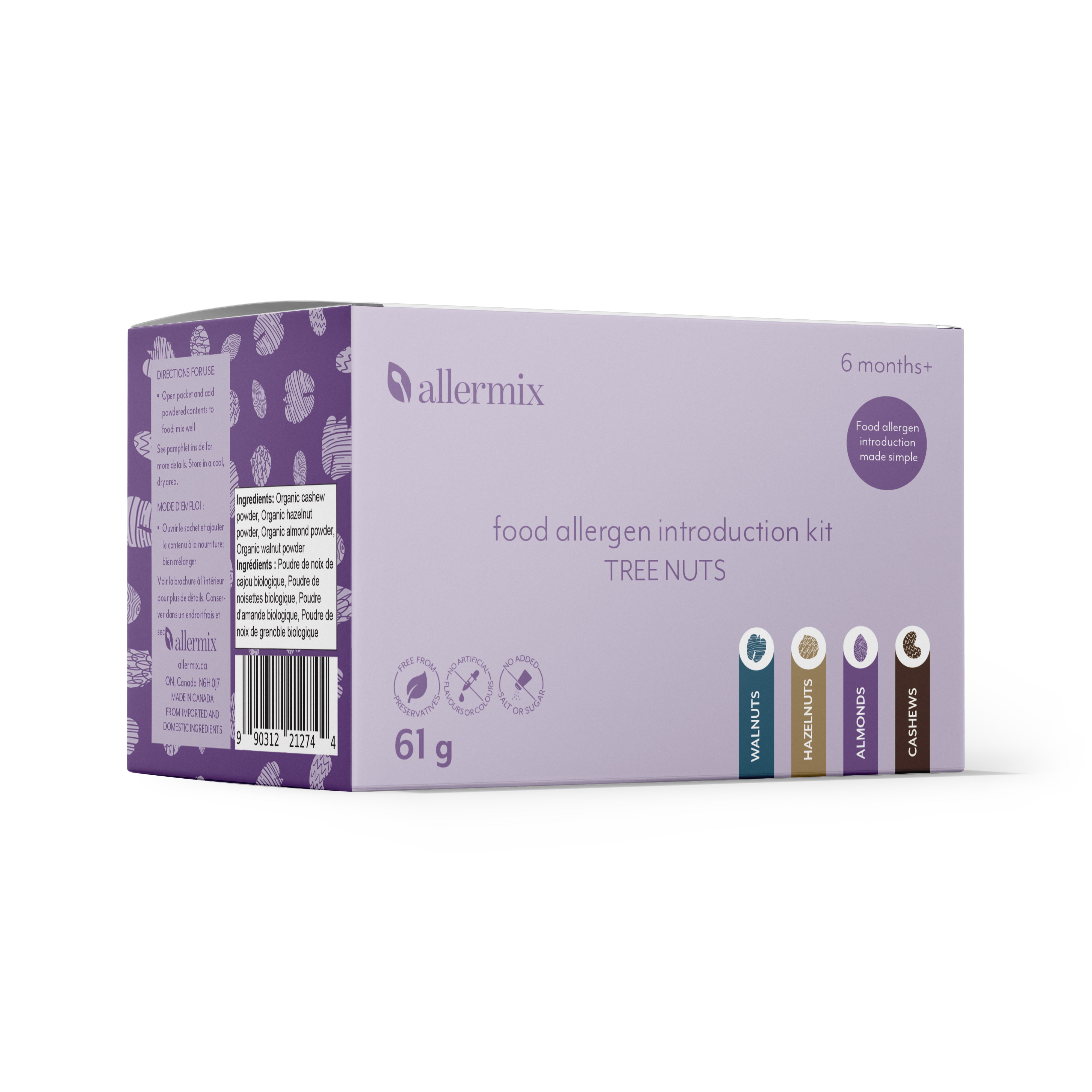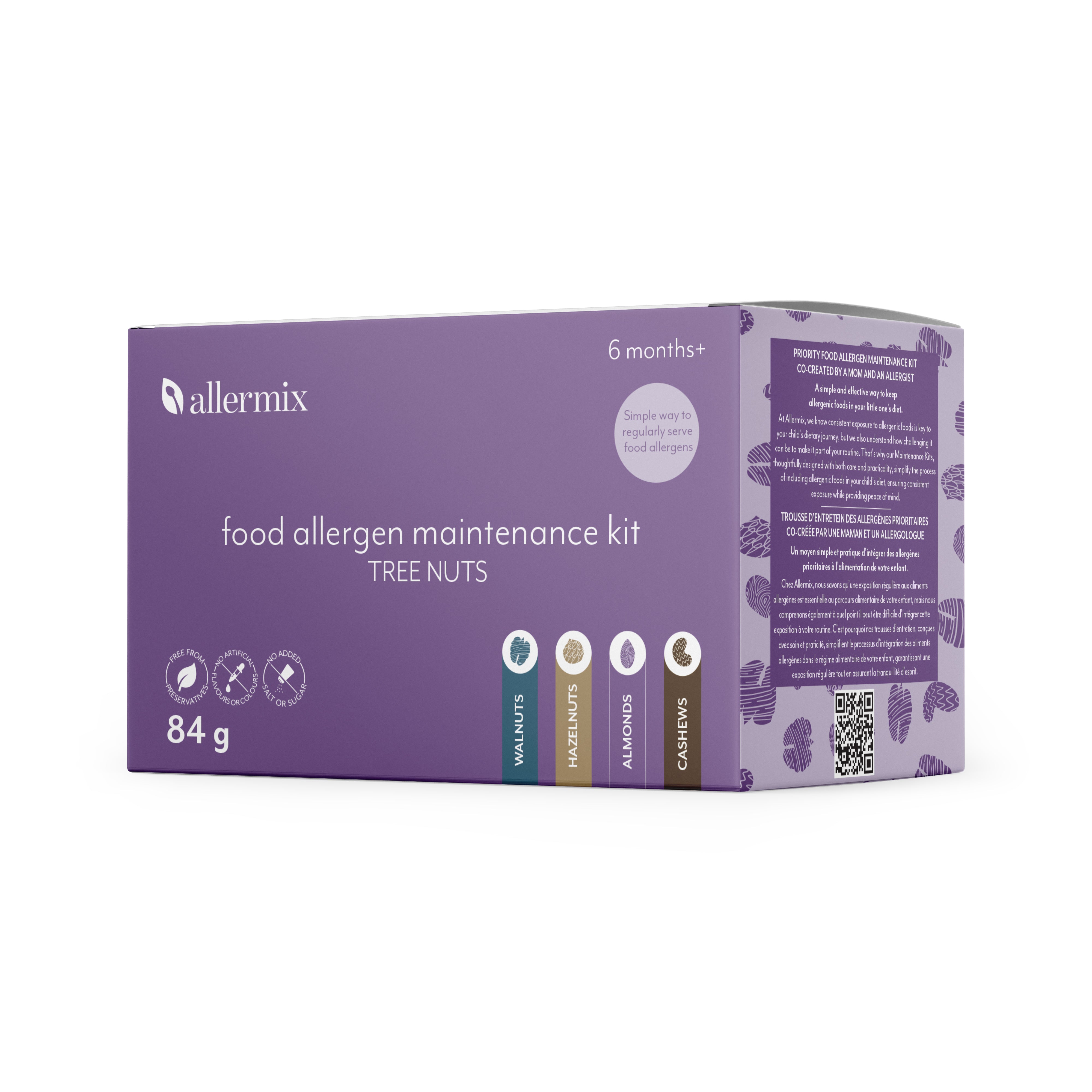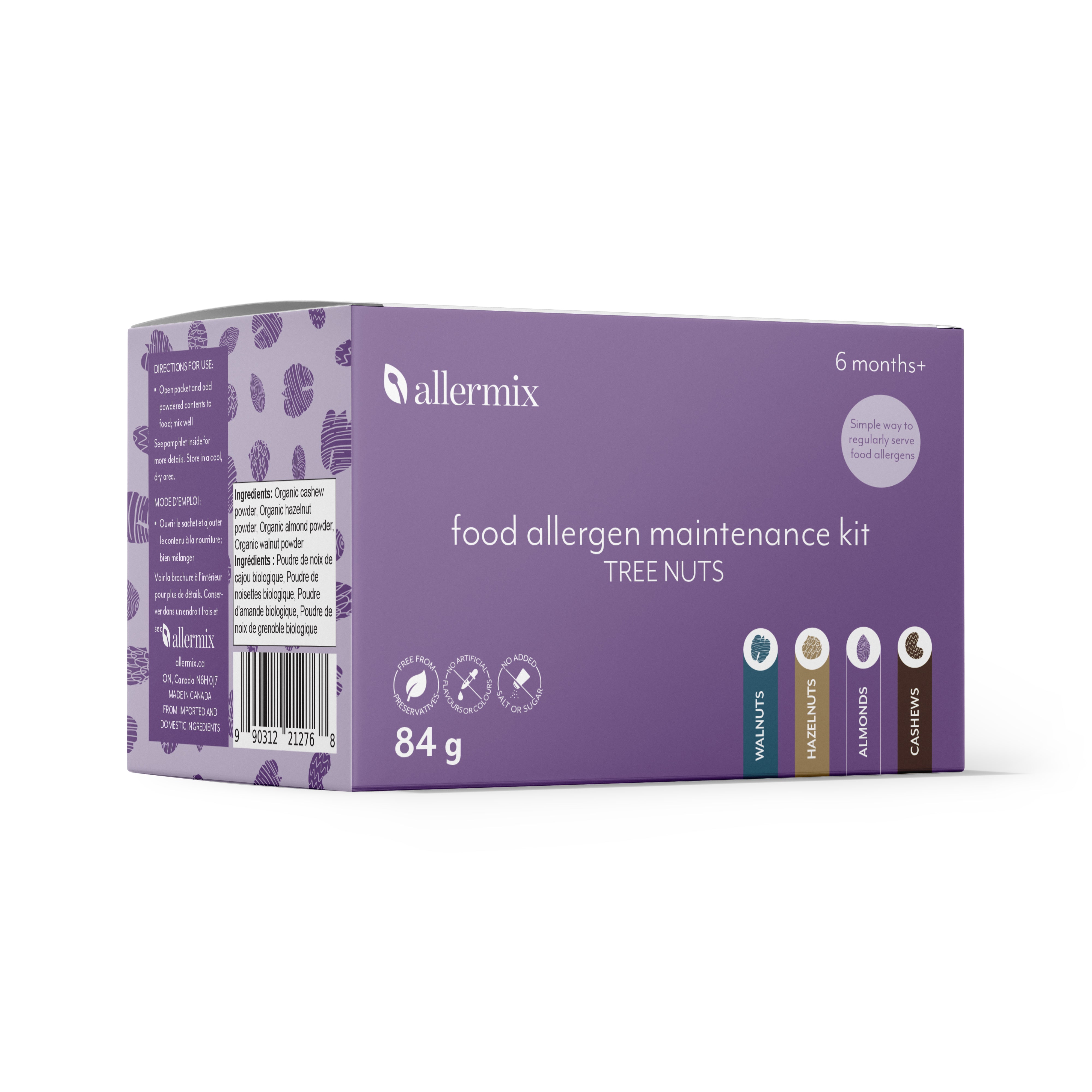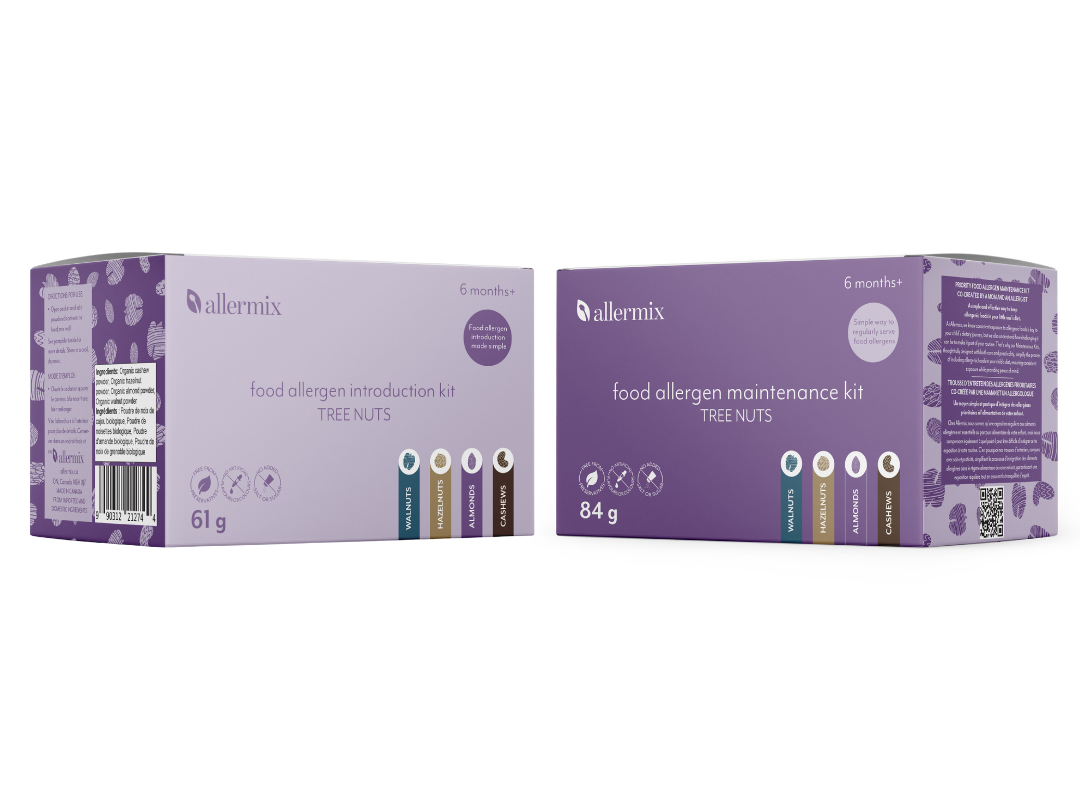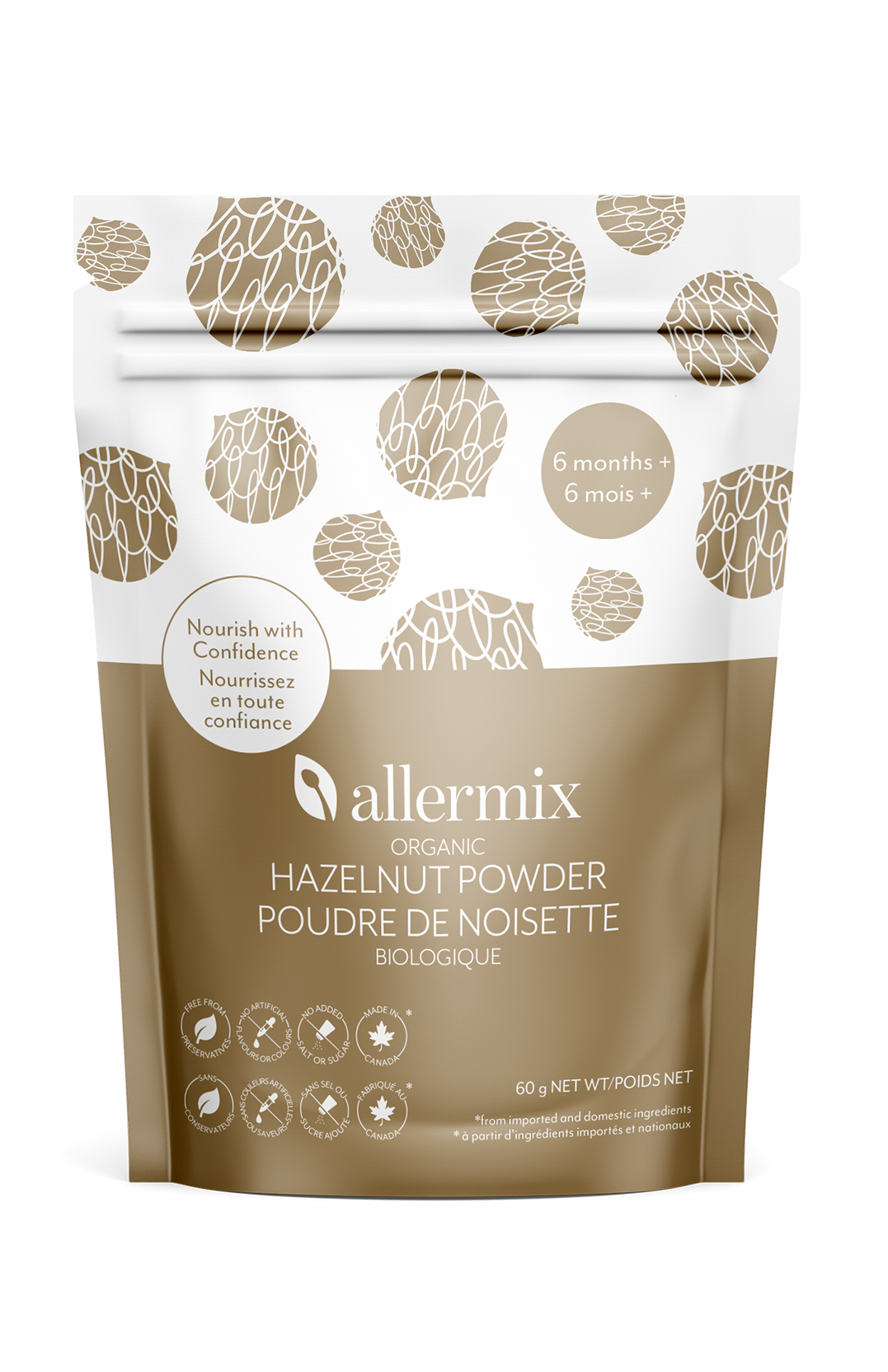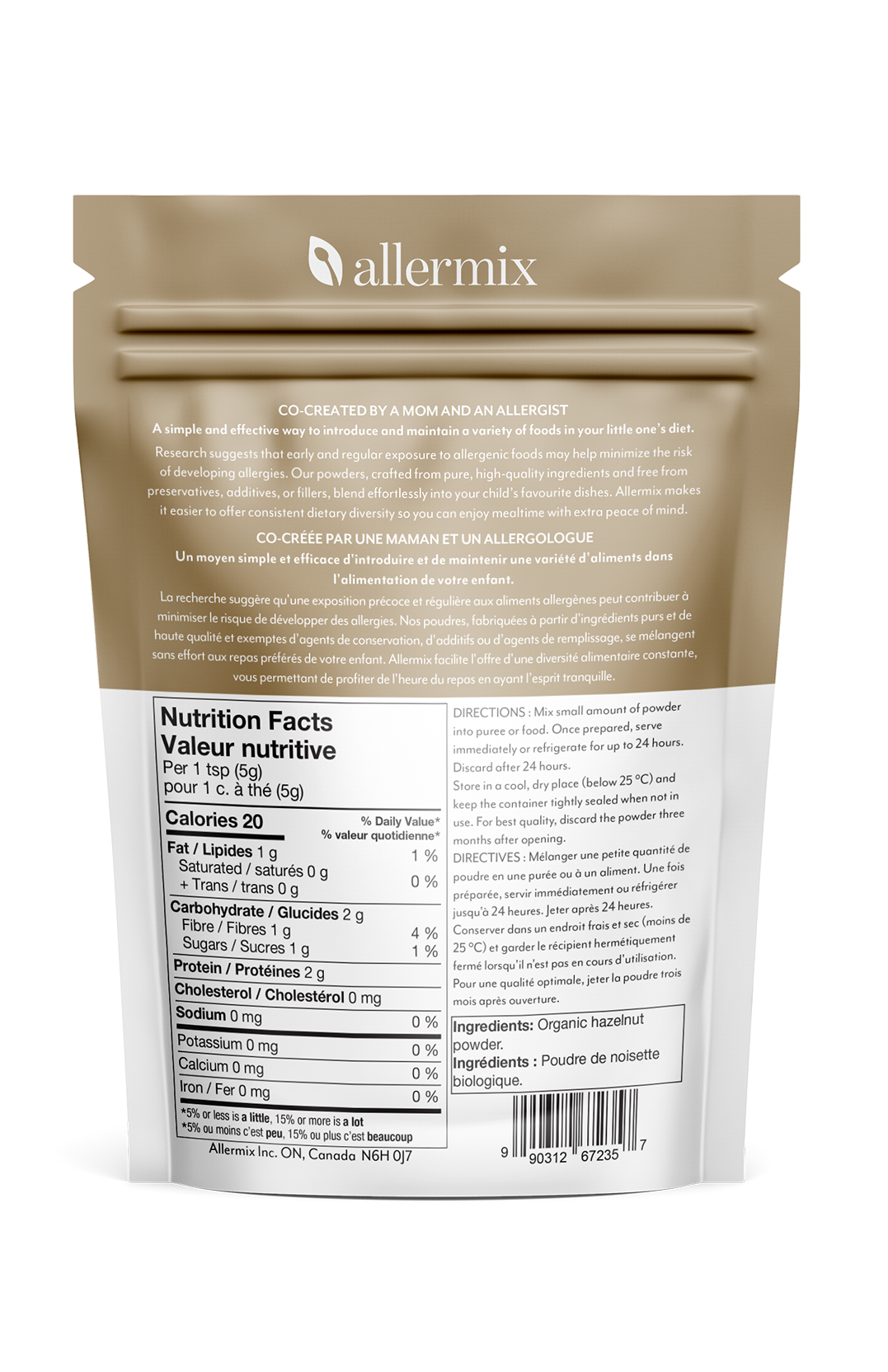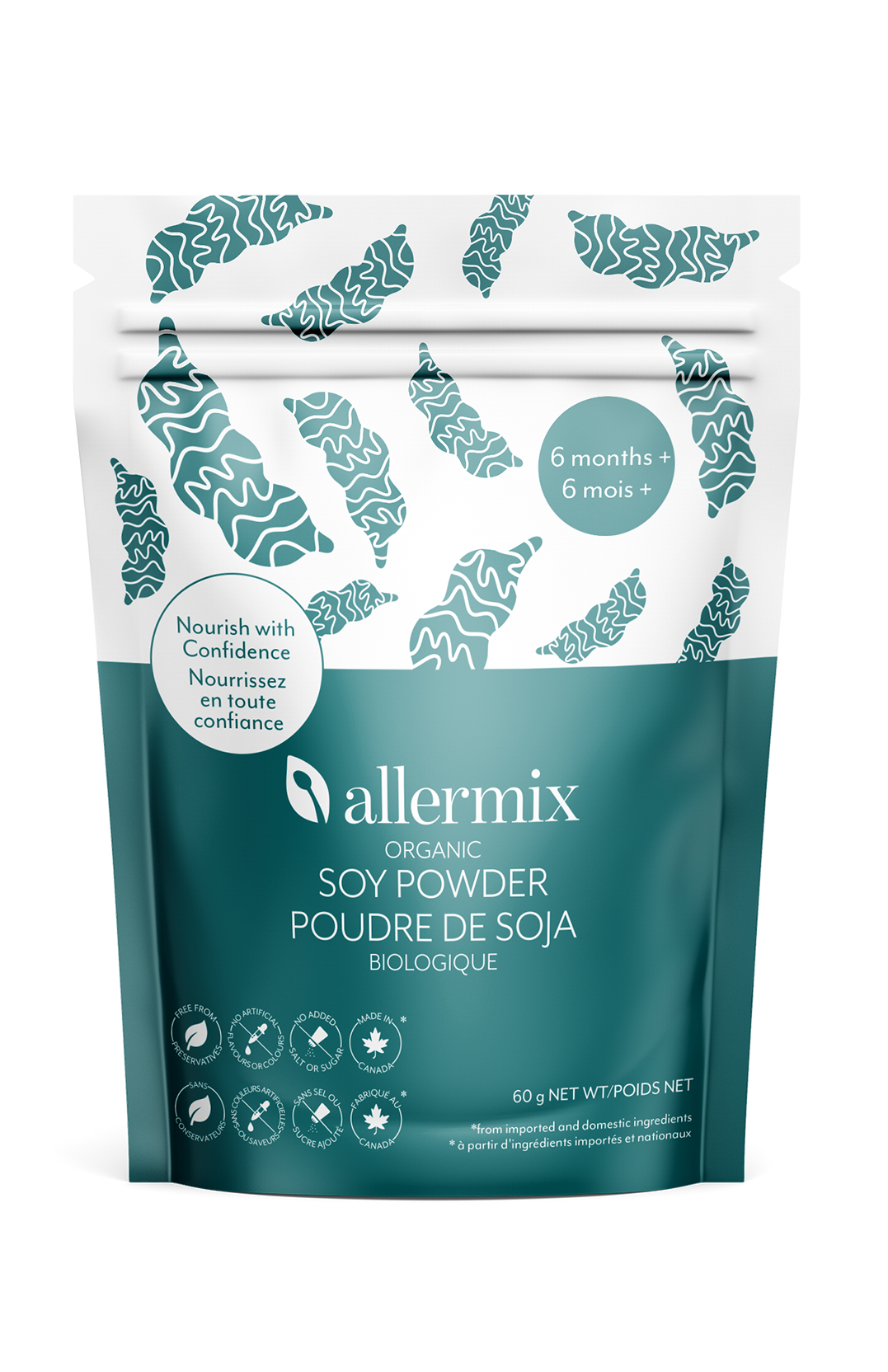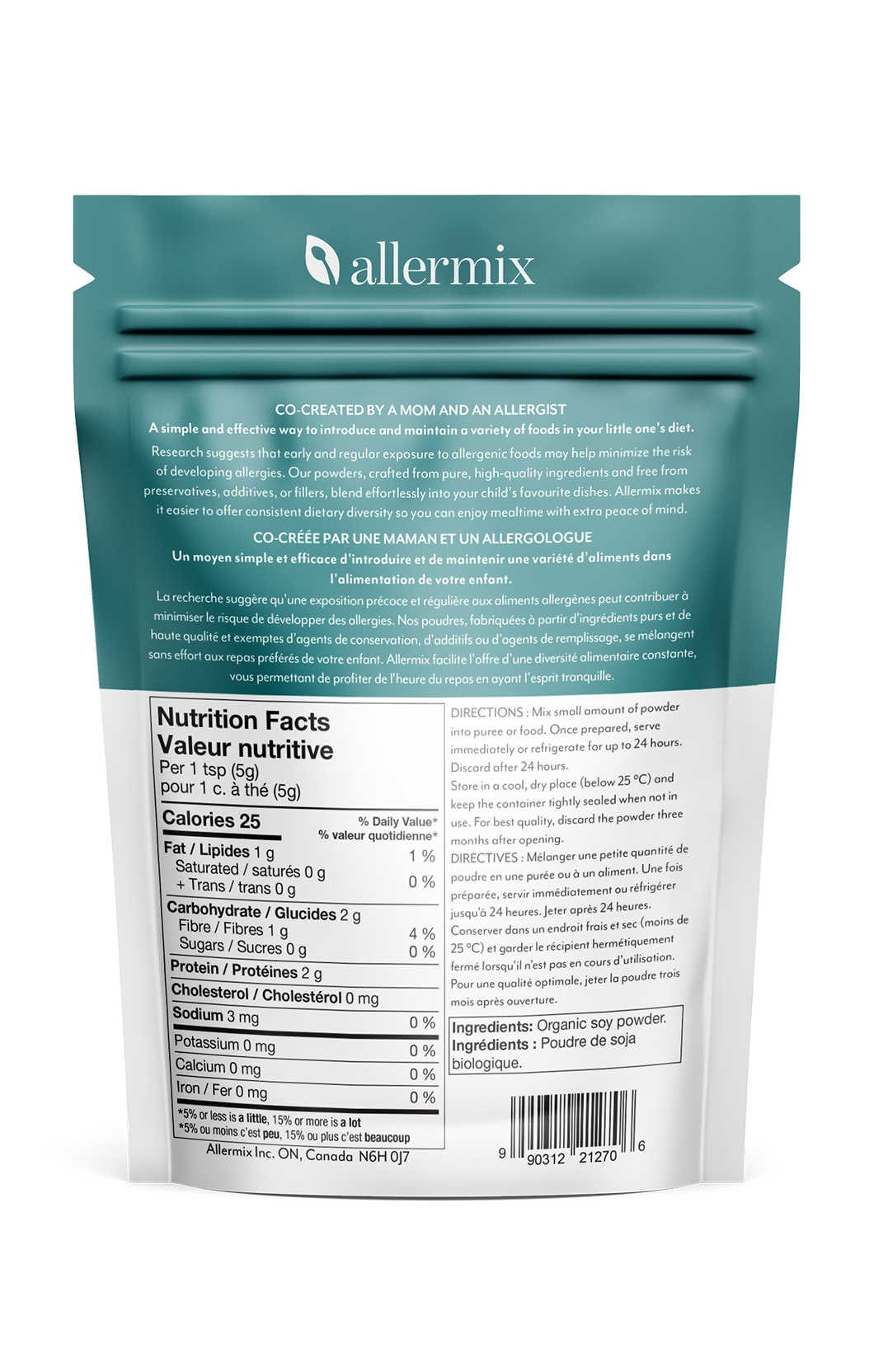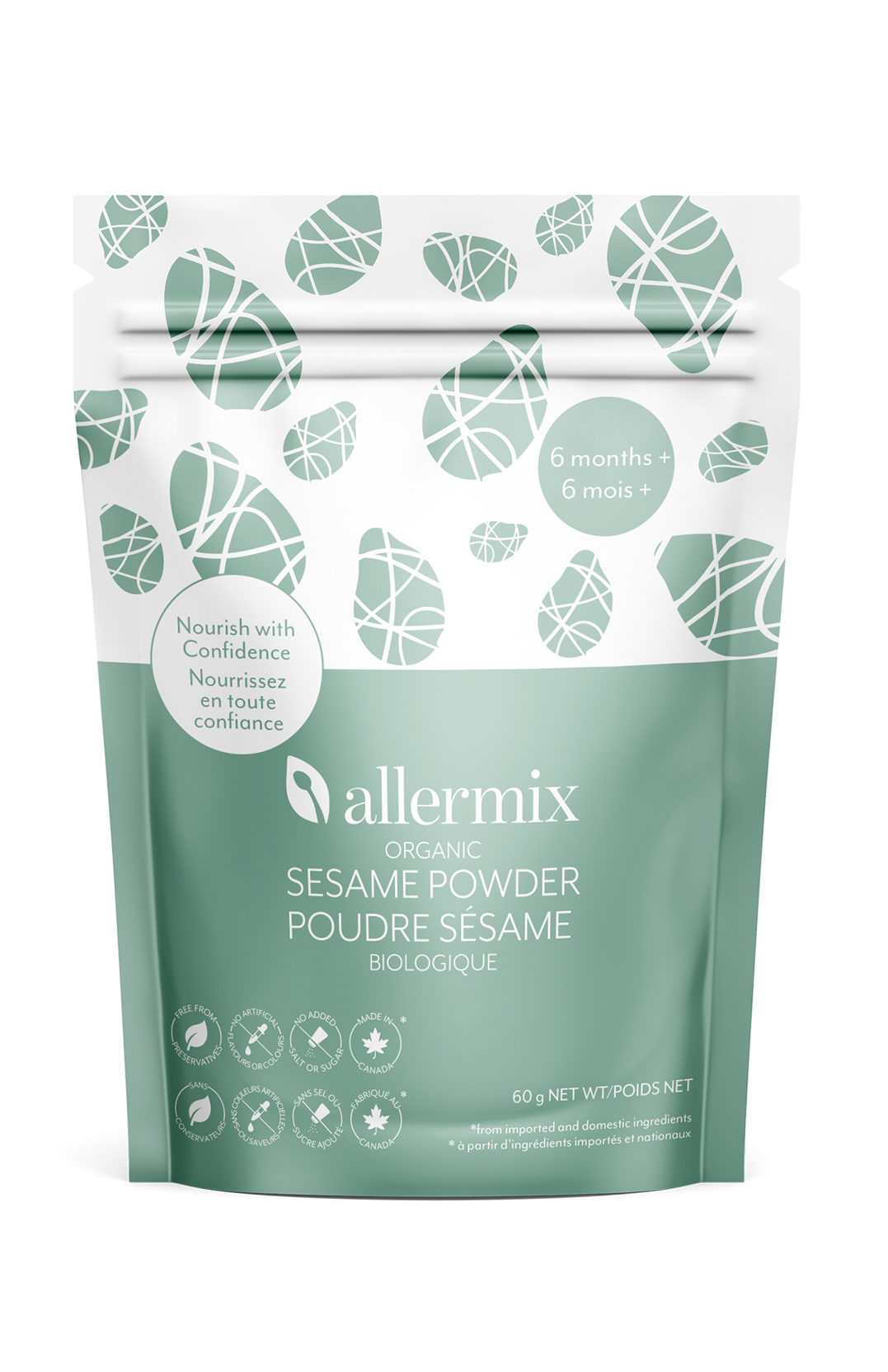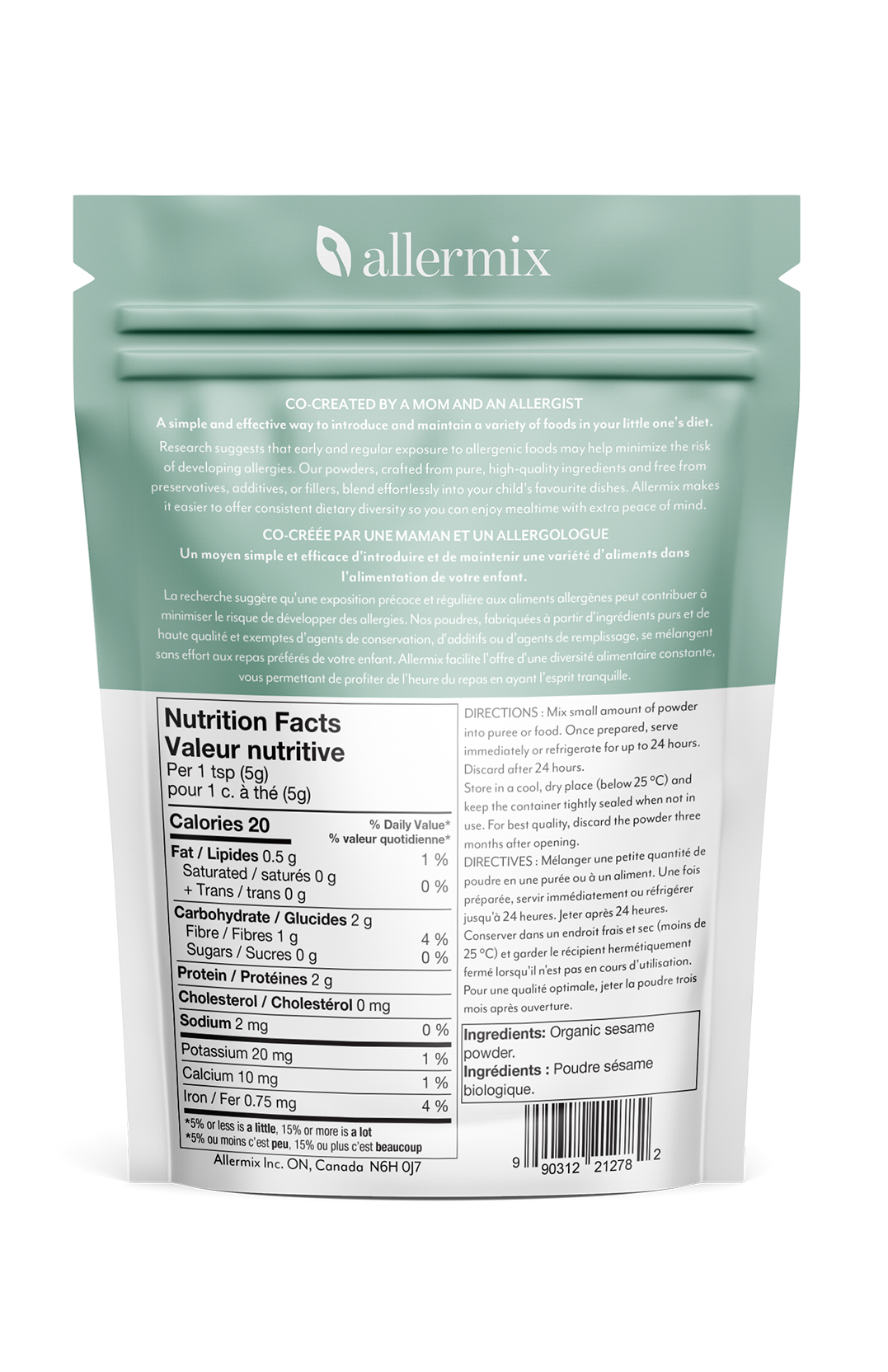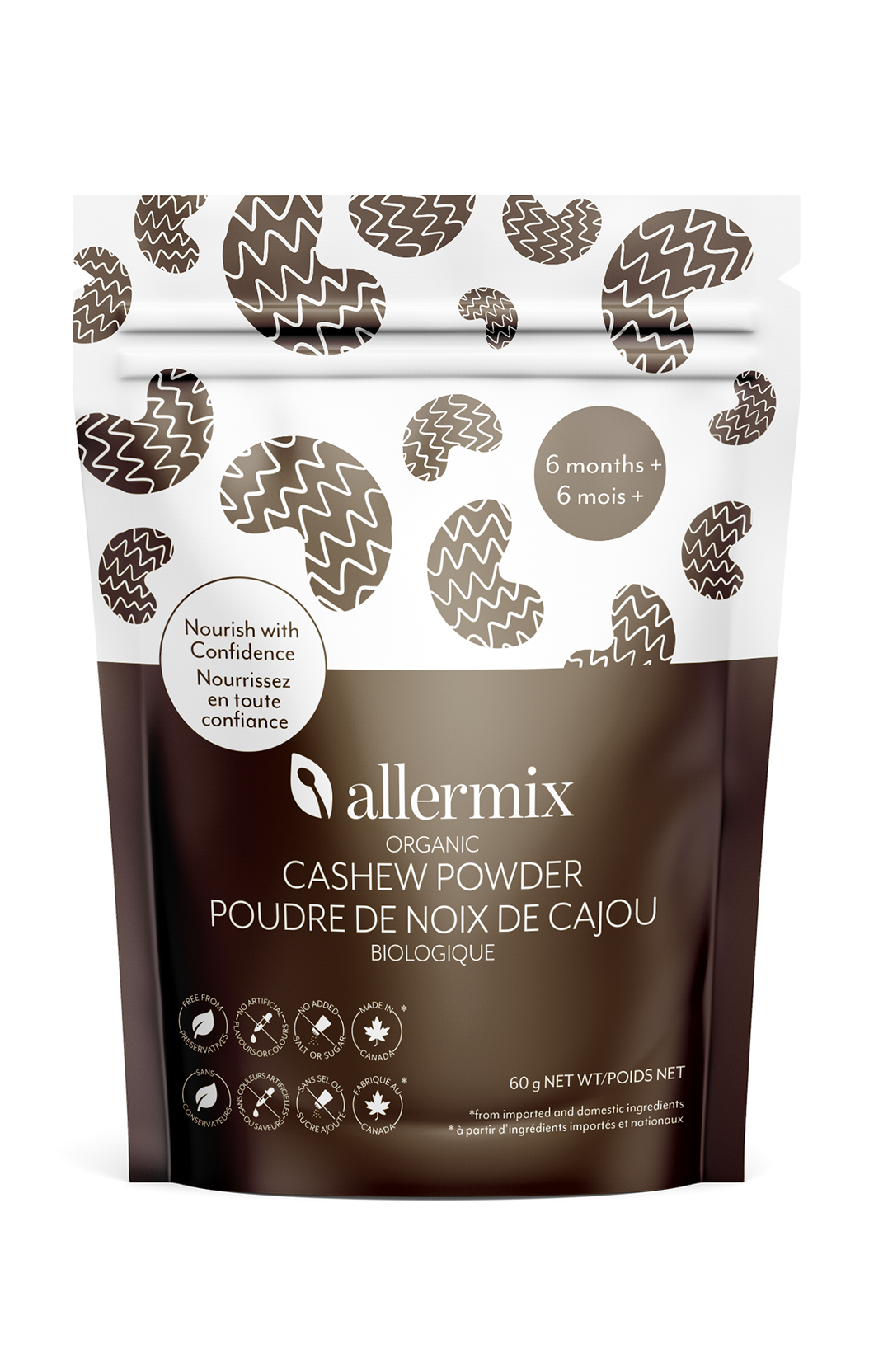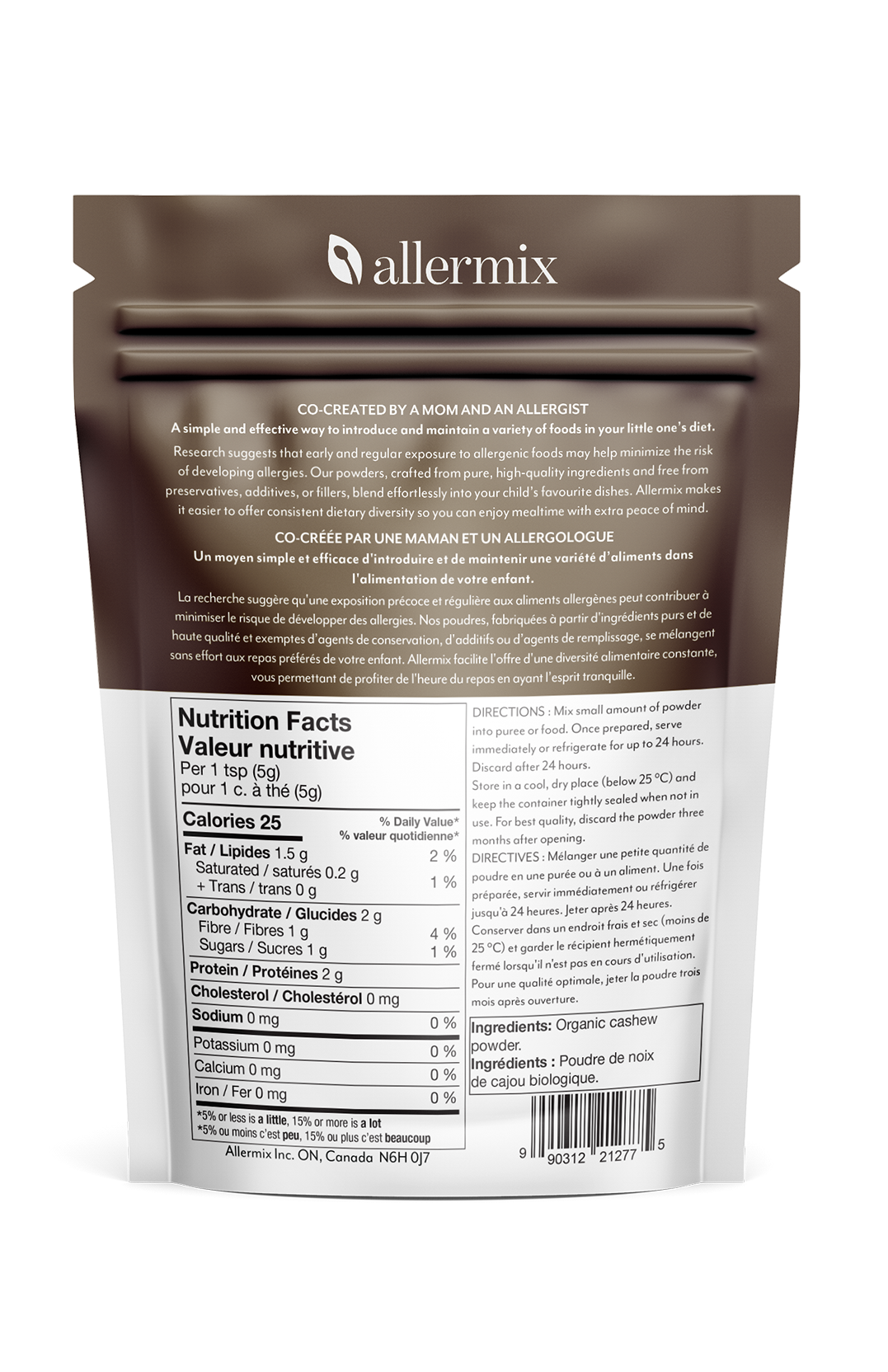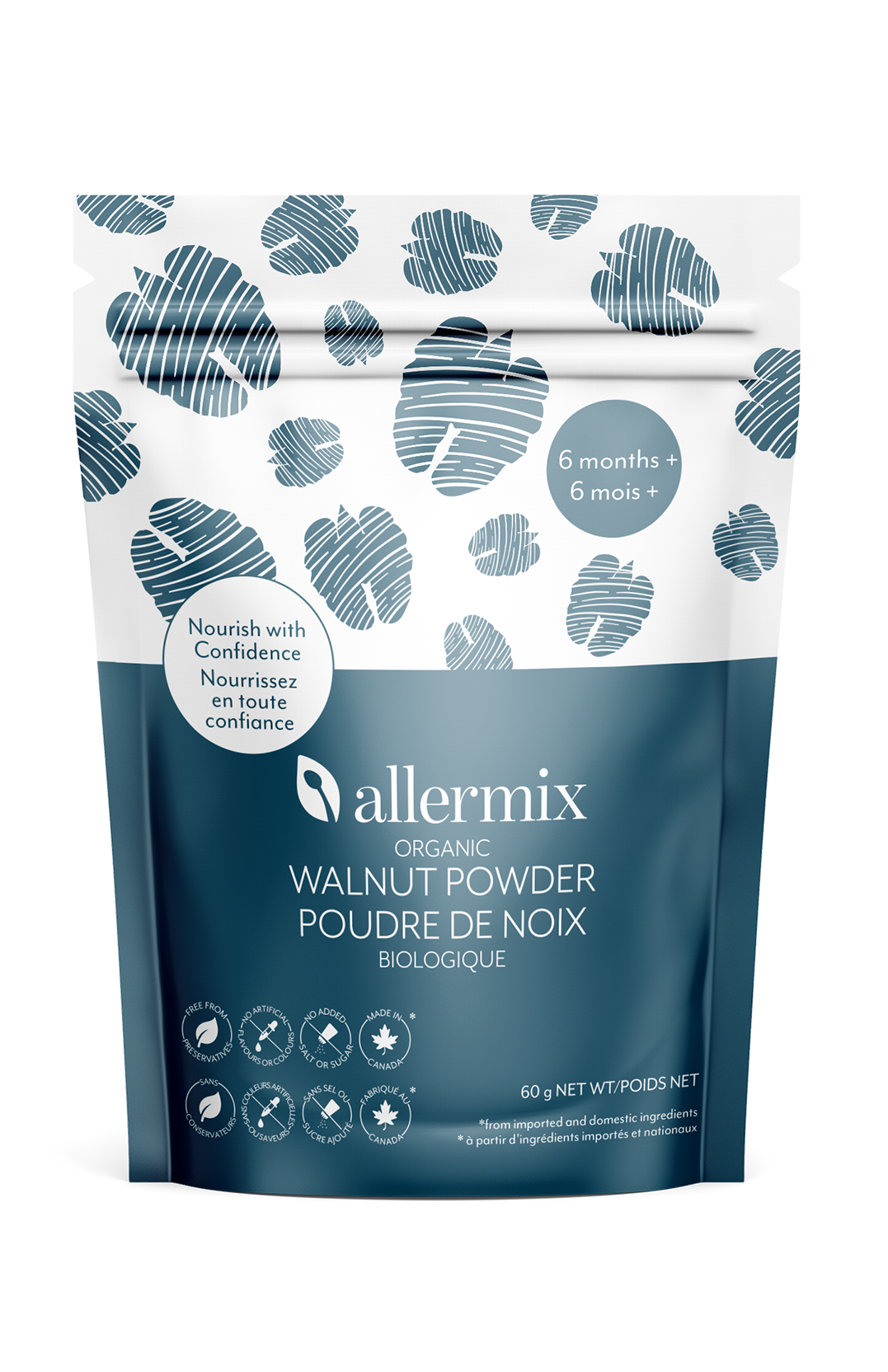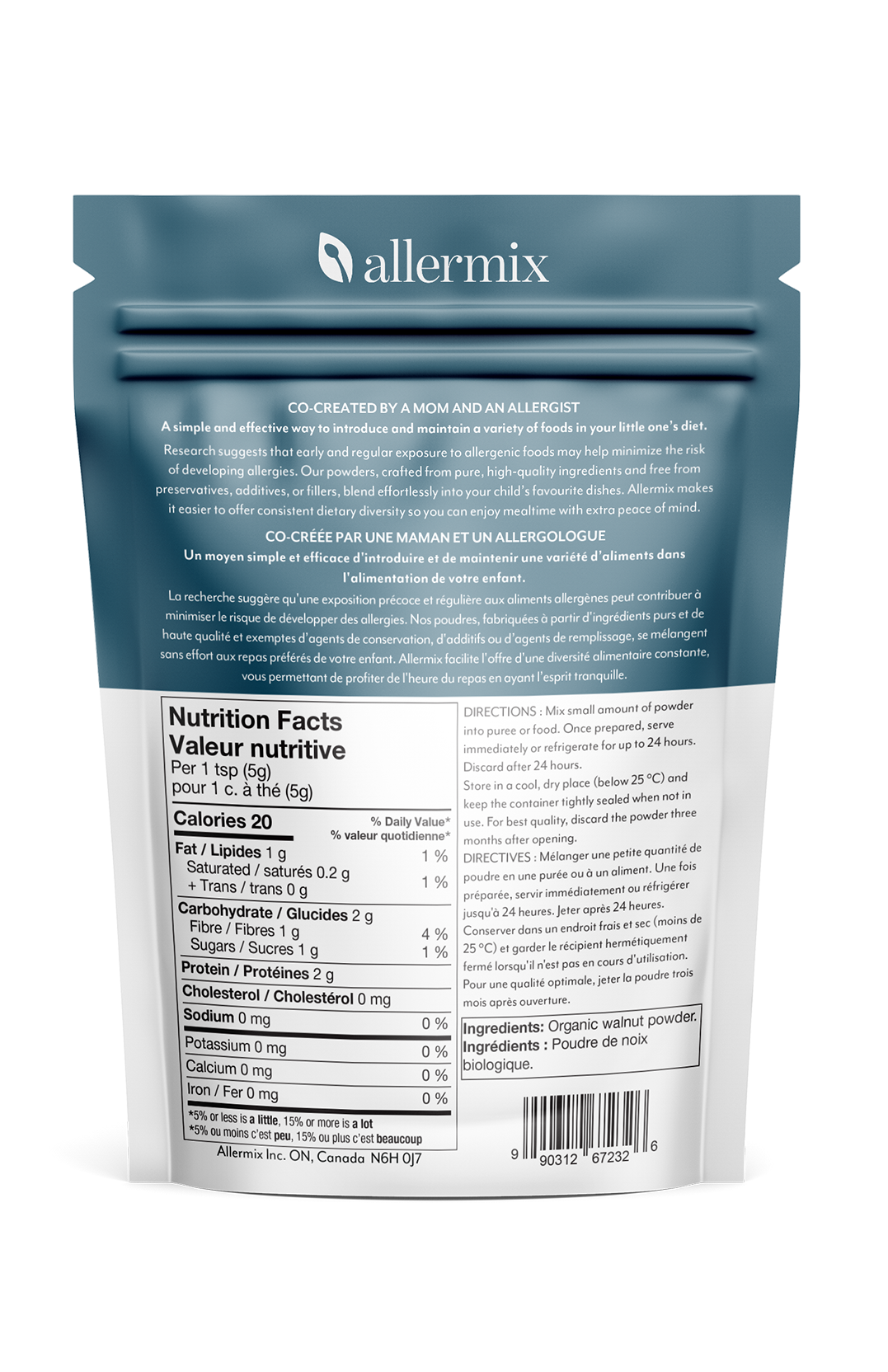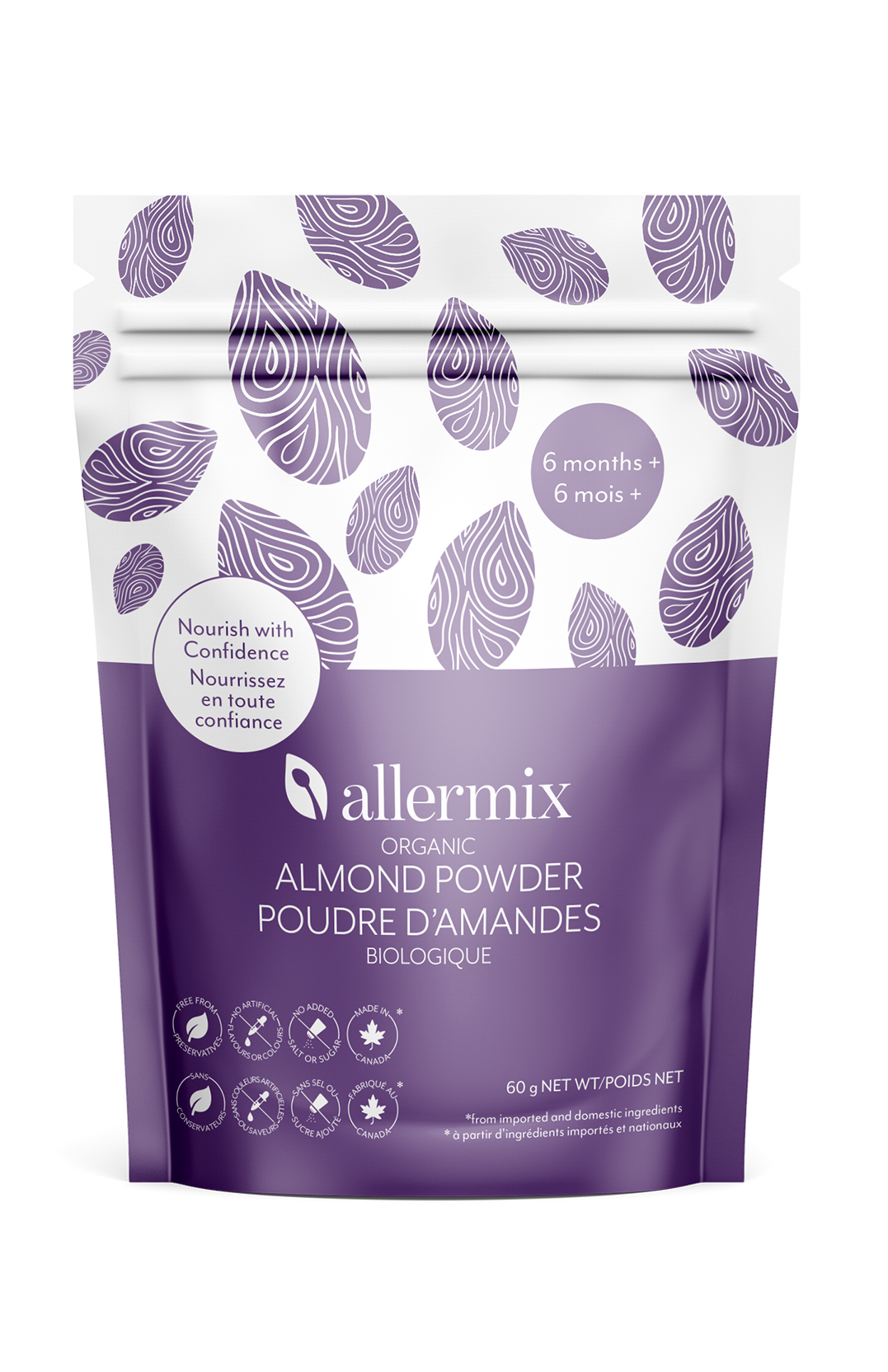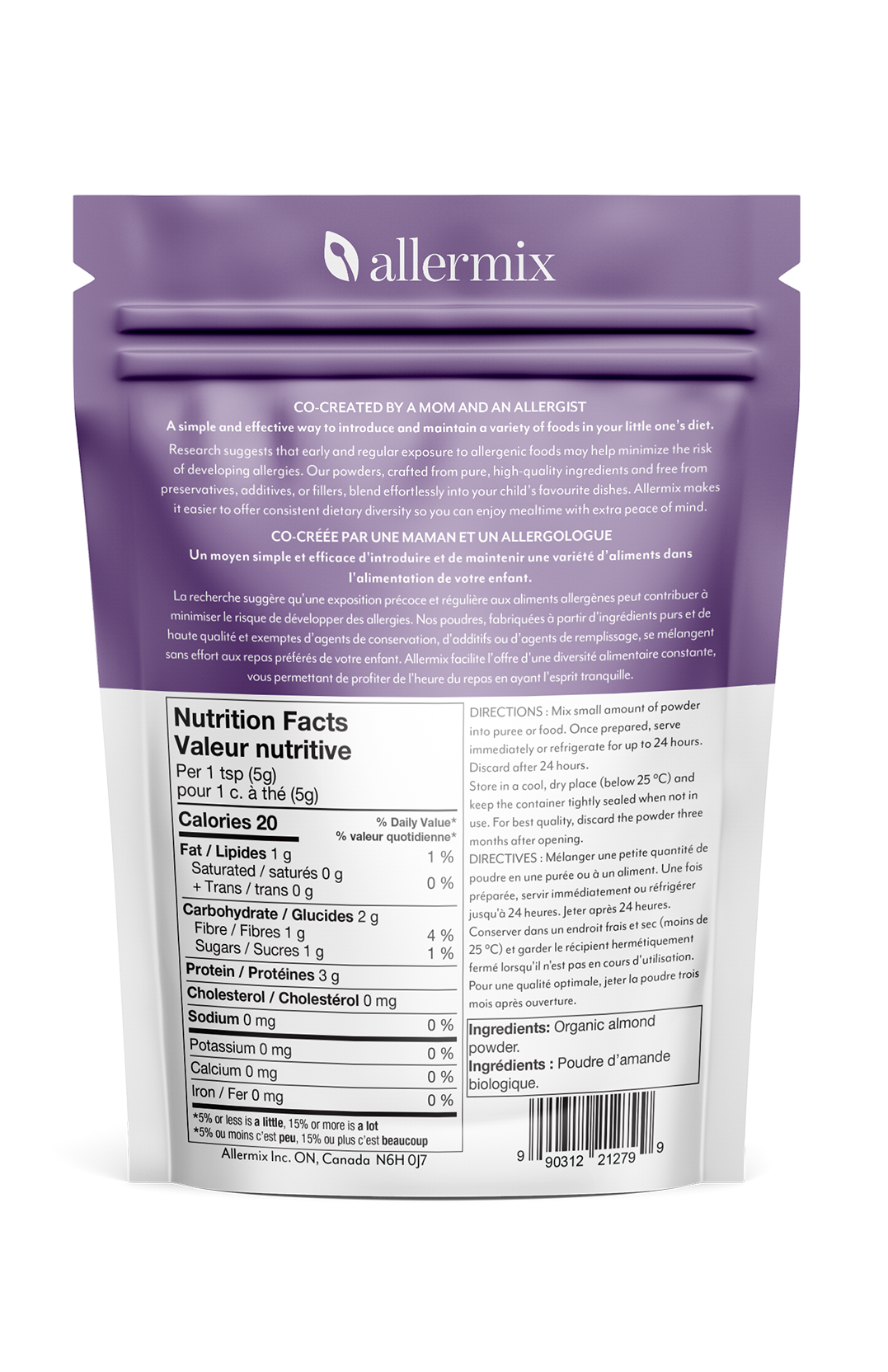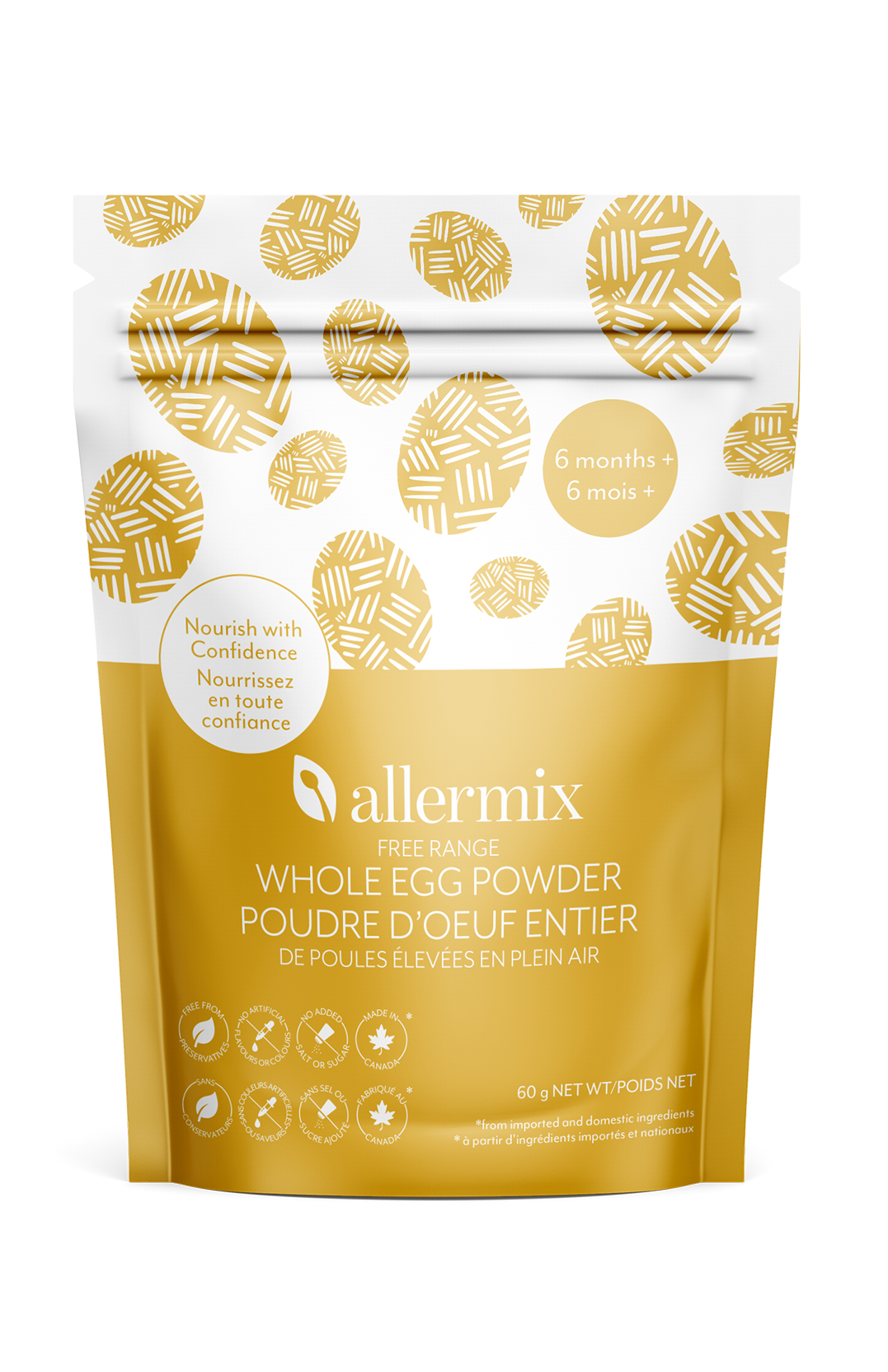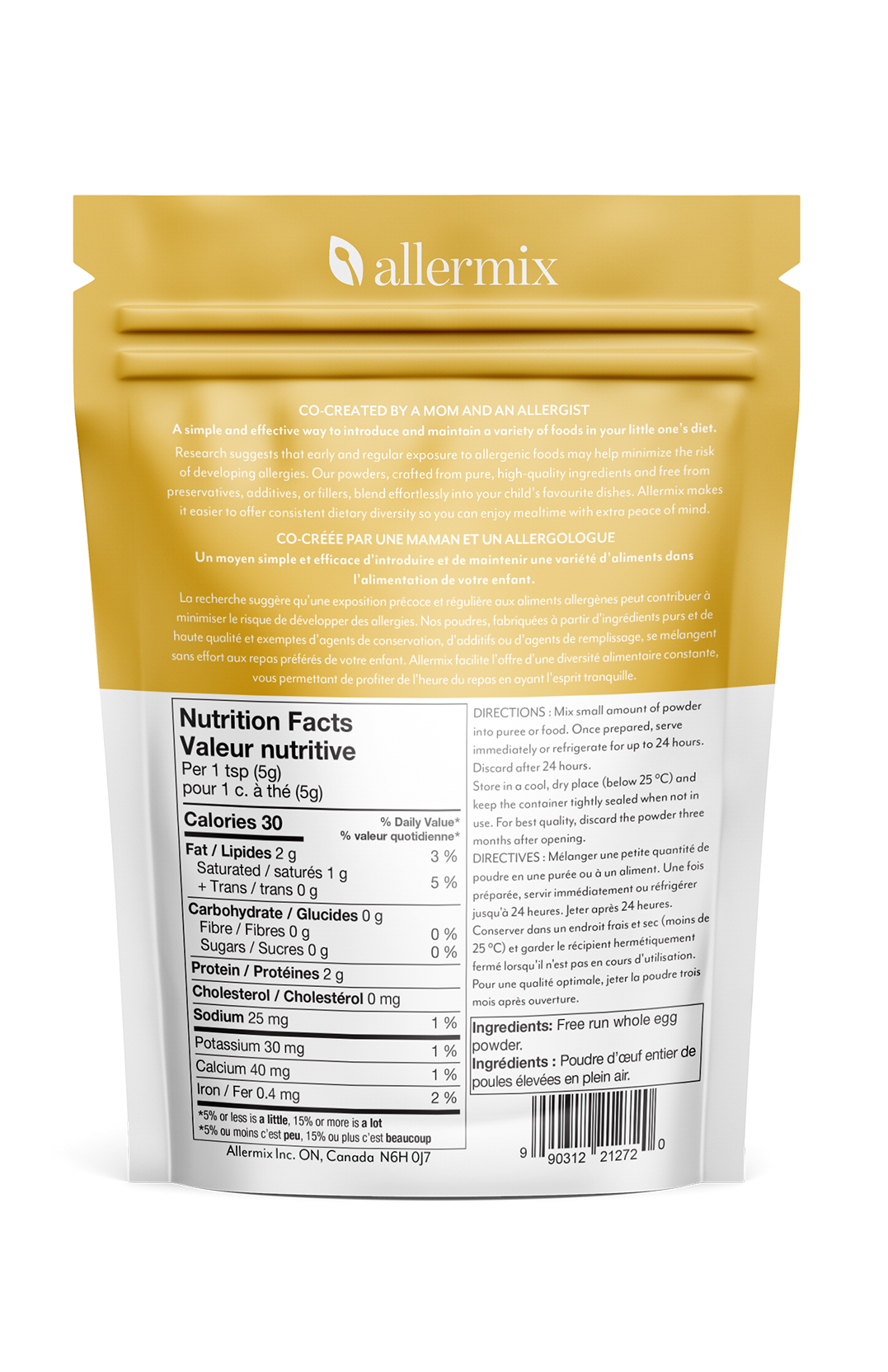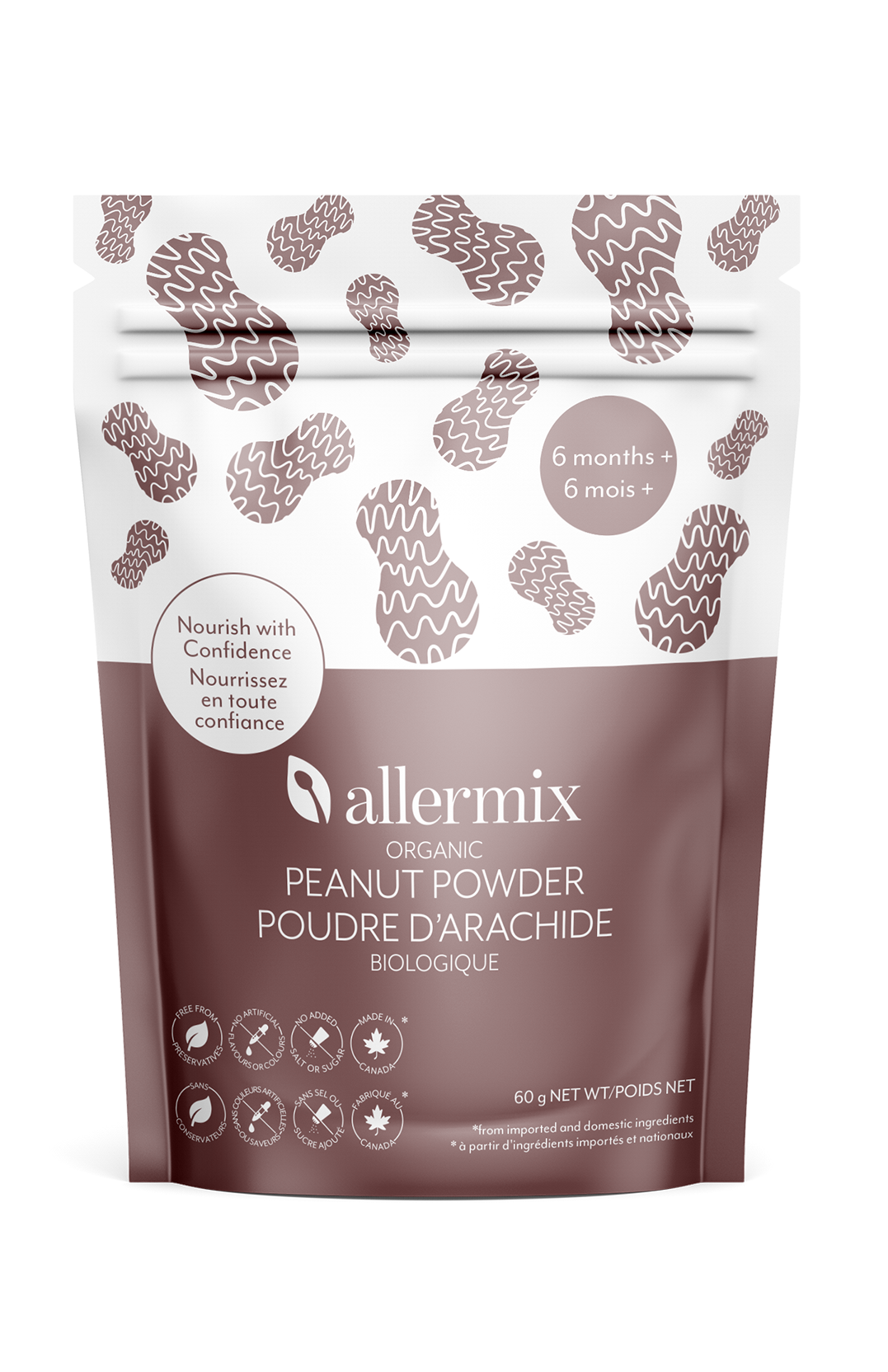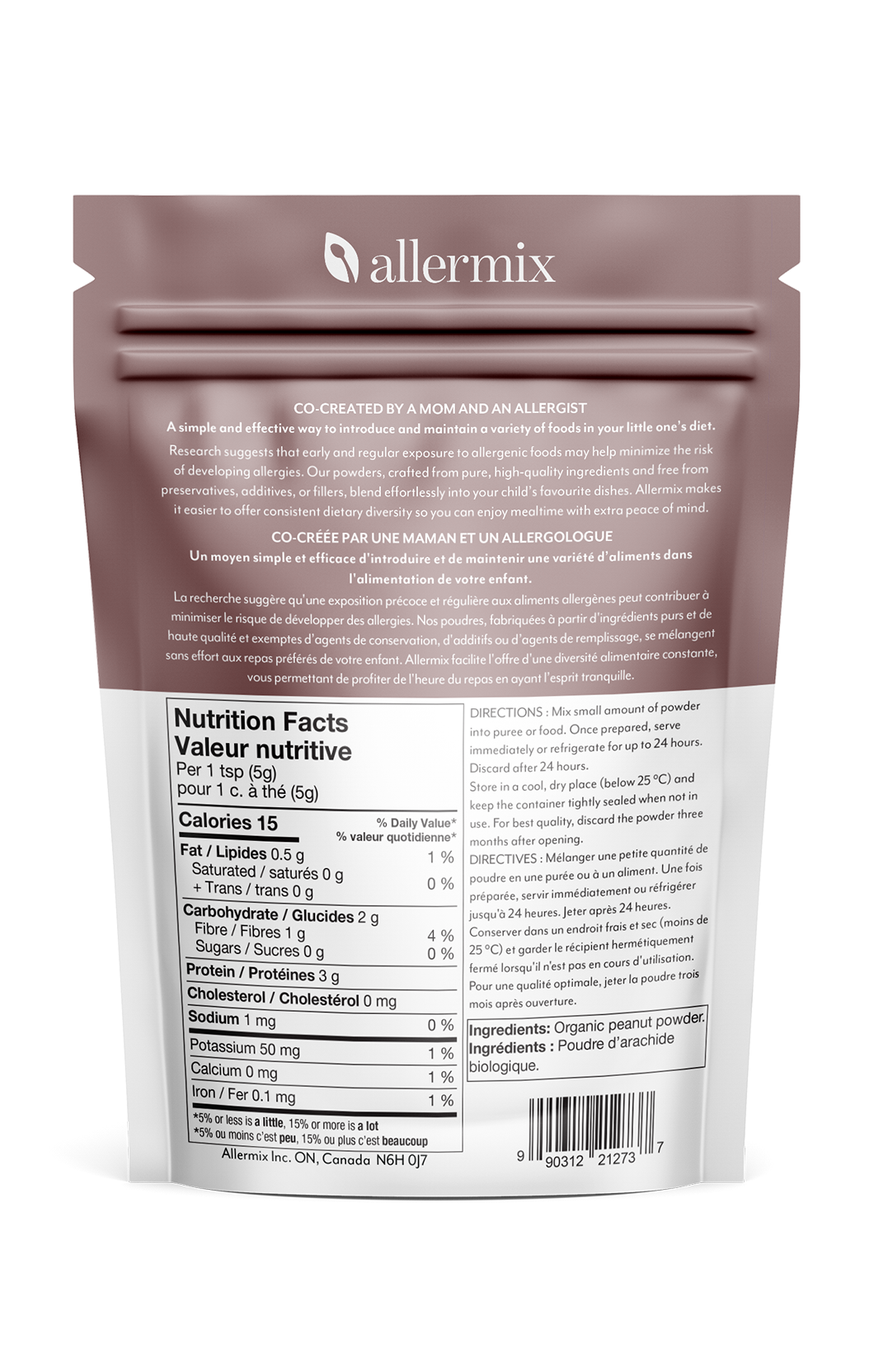
How to Introduce Eggs to Babies: A Step-by-Step Guide for Parents

How to Introduce Eggs to Babies: A Step-by-Step Guide for Parents
Introducing eggs to your baby is one of the most important steps you can take to help reduce the risk of egg allergy. This guide covers everything parents need to know about introducing eggs: timing, preparation, allergy signs, and more.
Eggs are also a powerhouse of nutrition. Let’s start by looking at their health benefits.
Disclaimer
This blog is intended for general informational purposes only and is not a substitute for professional medical advice. Always consult your primary care provider/health provider before introducing allergens to your baby, especially if your child has eczema, known allergies, or a family history of allergic conditions.
Table of Contents
- Why Eggs Are Good for Babies: Nutrition + Health Benefits
- When Should I Introduce Eggs to My Baby
- Why Early Egg Introduction Matters
- How to Prepare Eggs for My Baby
- How to Introduce Eggs to My Baby: A Step-by-Step Guide
- Signs of an Egg Allergy
- What to Do If a Reaction Occurs
- Frequently Asked Questions (FAQs)
- Final Tips for Parents
- Make Egg Introduction Easier with Allermix
1. Why Eggs Are Good for Babies: Nutrition + Health Benefits
Eggs are a nutrient-dense food that support growth and development in infants. They are a source of:
- High-quality protein – essential for growth and tissue repair
- Choline – important for brain development
- Iron, B vitamins, selenium, and vitamin D – support immune function and energy
Including eggs in your baby’s diet (when safely prepared) helps promote nutritional balance while supporting early food variety and acceptance.
Bottom line: Eggs are more than an allergen. They're a practical and nutritious food when introduced in age-appropriate and fully cooked textures.
Learn how to introduce peanuts to your baby here.
2. When Should I Introduce Eggs to My Baby
Pediatric and Allergy societies recommend introducing whole eggs (both yolk and white) around 6 months of age and not delaying past 12 months. Earlier introduction (not before 4 months) may be considered in high-risk infants.
Bottom line: Introducing egg early during the complementary feeding window may help reduce the likelihood of allergy.
If your baby has eczema or a family history of allergies, consult your healthcare provider or allergist before starting.
3. Why Early Egg Introduction Matters
Evidence suggests early exposure to cooked egg may reduce the development of egg allergy. One major trial, the PETIT Study demonstrated significantly fewer egg allergies in infants introduced to egg starting around 6 months.
Bottom line: Early egg introduction is backed by clinical research as a method to support food tolerance in infants.
4. How to Prepare Eggs for My Baby
Avoid raw or undercooked egg. Instead, use these baby-safe options:
- Hard-boiled and mashed – mix yolk or whole egg with formula or puree
- Soft scrambled – broken into small, soft pieces
- Egg powder – mix with cereal, yogurt, or puree (Allermix kit)
- Baked goods – muffins or pancakes made with whole egg
- Omelette strips – for baby-led weaning (ensure fully cooked)
Never feed runny, undercooked, or raw egg to infants due to the risk of salmonella.
Check out our Allermix introduction kit for a simple way to introduce eggs.
5. How to Introduce Eggs to My Baby: A Step-by-Step Guide
- Choose a day when your baby is healthy and alert—mornings are best.
- Offer about ¼–½ teaspoon of the prepared egg.
- Wait at least 2 hours and watch for any reaction.
- If there’s no reaction, increase to 1–2 teaspoons next time.
- Serve egg 2–3 times per week to maintain tolerance.
6. Signs of an Egg Allergy
Mild to Moderate symptoms:
- Redness or rash around the mouth
- Hives where egg is in contact with
- New runny nose and sneezing
Severe symptoms:
- Swelling of lips, face, or tongue
- Drooling and trouble swallowing
- Significant coughing or wheezing and difficulty breathing
- Repeated vomiting and spitting up food
- Sudden change in behaviour and change in sound of their cry
- Sudden tiredness or limpness
- Pale or bluish skin
If your baby experiences severe symptoms, call emergency services immediately and use an epinephrine auto-injector if prescribed.
7. What to Do If a Reaction Occurs
- Stop feeding immediately.
- For mild symptoms, contact your healthcare provider.
- For severe symptoms, seek emergency care.
If your baby is at high risk, speak to your primary care provider/health provider before introducing egg or using Allermix products.
8. Frequently Asked Questions (FAQs)
Can I introduce only the yolk first? Yes, but whole egg is recommended for better tolerance.
How often? 2–3 times per week to maintain tolerance.
What if my baby refuses? Keep trying with familiar foods; Allermix kits can help mix egg powder into favourites.
9. Final Tips for Parents
- Introduce egg around 6 months of age.
- Always serve fully cooked egg.
- Start with a small amount and observe.
- Offer regularly each week to maintain tolerance.
- Consult your healthcare provider if your baby is at high risk.
10. Make Egg Introduction Easier with Allermix
Allermix offers a simple, guided approach to introducing allergens like egg. Our introduction and maintenance kits are easy to mix into baby-safe foods and help support consistent, structured exposure.
Allermix is not a diagnostic or treatment tool. Always consult your primary care provider/health provider before introducing allergens in high-risk children.







